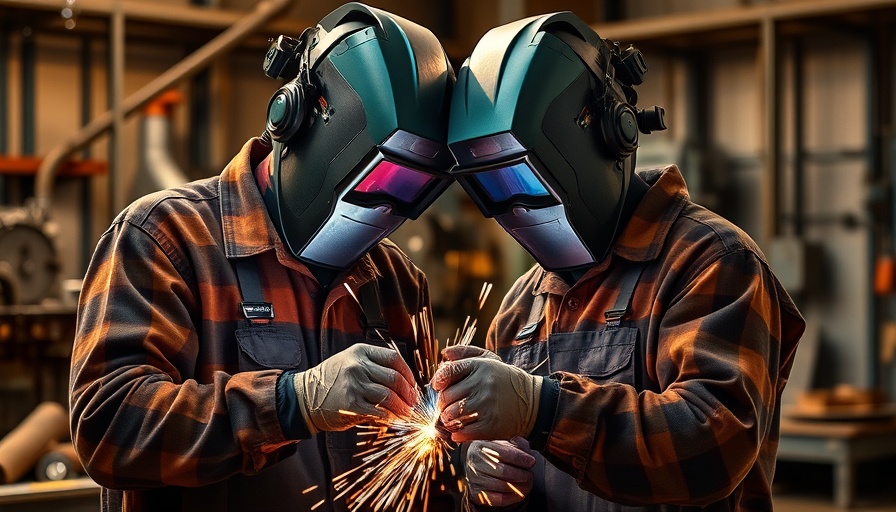
Understanding the Manufacturing Workforce Challenge
The manufacturing sector, especially in advanced industries, faces a significant challenge as the workforce ages and retires. With the exit of seasoned professionals, companies are left grappling with a growing skills gap. Younger employees, often inexperienced, may not meet the specialized needs of roles traditionally filled by workers with years of on-the-job expertise. This situation is compounded by the slow adoption of groundbreaking technologies which prevent the rapid upskilling necessary to meet productivity targets.
Impact of Training on Productivity
Incorporating intensive training programs is critical for reducing the time it takes for new employees to achieve proficiency in their roles. Companies need to recognize that bolstering their training methods can directly accelerate productivity. For example, industries that frequently employ complex tasks such as welding or electrical work are seeing the necessity for a strategy shift. Traditional methods of training and hiring are failing to keep pace with the demand for efficiency and productivity. Embracing innovative training tools, such as virtual reality simulations, may help bridge this gap.
Productivity Through Strategic Workforce Management
Advanced manufacturing organizations, much like restaurants facing staffing shortages, must reconsider how they manage talent and develop internal processes. Performance management systems should not only focus on output but also on the holistic development of employees. By doing so, manufacturers can cultivate a more skilled workforce that is motivated and satisfied, which in turn can lead to improved retention rates.
Restaurant owners, in particular, can learn from the approaches taken in manufacturing by investing in their workforce training and considering the long-term benefits of developing employees into versatile roles. This not only enhances productivity but can also improve the overall customer experience, which is vital in the competitive restaurant landscape.
Future Insights and Actionable Steps
As businesses across industries navigate the changing landscape, it is essential to focus on fostering a culture of learning and adaptability. Industry trends suggest that embracing new learning technologies and innovative training practices can significantly reduce the time to proficiency among employees. By implementing these strategies, restaurant owners can secure their positions in an increasingly competitive market while adapting to economic fluctuations.
 Add Row
Add Row  Add
Add 




Write A Comment